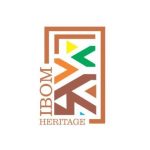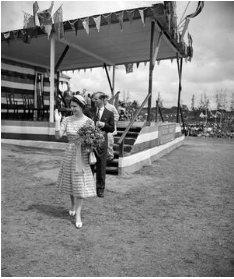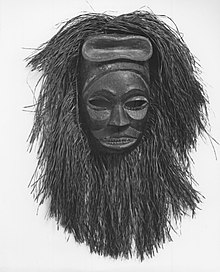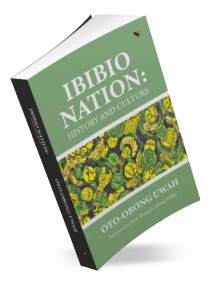In Ibibio land, marriage is beyond the fusion of 2 individuals; it brings families and communities together. This is the case in many African and West-Asian cultures. But if you are a bachelor courting an Ibibio damsel, or your son is the bachelor, this article explains how to marry that Ibibio girl. It details the traditions you need to be aware of.
Drop Your Pride!
Firstly, you must know that Ibibio people take a strong exception to being treated with disrespect. If your Ibibio girlfriend lets you pass, her dad, uncles, elder brothers will almost certainly not allow you approach their door with superiority complex. If you manage to brush past them, you could get yourself into trouble. Trouble that physical science may never understand.
One of the worst hindrances you would meet in getting married into an Ibibio family has to do with your proud defiance of the Ibibio culture. It can cost you more than you could imagine.
There is the story of a woman from a community between Uyo and Ikot Ekpene who could not conceive until her husband went back to fulfil all marriage rites that he had arrogantly skipped.
Do not sit in Lagos or even in nearby Port Harcourt and assume you know all about the Ibibio culture. Or that ‘nothing dey happen’. Drop your pride and let the girl’s family show you what to do.
Udioño Ufòk – Knowing the Family
This is the first stage in the actual process of marriage. At this stage the prospective groom goes in the company of his best friend or close associate to visit the father of the girl. Beware of how you visit her father’s house while you are just a suitor. If you have not decided to marry her and cleared with your own family, don’t ask to meet her dad during visits. And when she has cleared you and your family is on board the project, take some gift (with wine inclusive), take a good friend of yours along and schedule a time to go see her father or his representative.
3 Stupid Things You can Do in an Ibibio Marriage:
If you go with a female friend or sister, that’s stupid. Or you tell her dad “I only came to say hi”; or you go alone, you just did something stupid.
During this visit, you will be questioned by her father. He will ask what you do, your religion and your family history.
This is also the opportunity you have to get familiar with the direction to the lady’s home. This is true especially if the dad invites you to his family compound, not just his own built resident – which, may be away from his ancestral home.
No formal demands are made on the groom at this first stage but courtesy demands that you carry a bottle of aromatic schnapps. If the family does not accept alcoholic drinks, carry a non-alcoholic wine.
Click here to know the other Ibibio marriage stages…
Click here to get Oto-Obong Uwah’s book; ‘Ibibio Nation: History & Culture’.
Keywords: Ibibio Marriage; How to marry an Ibibio Damsel










